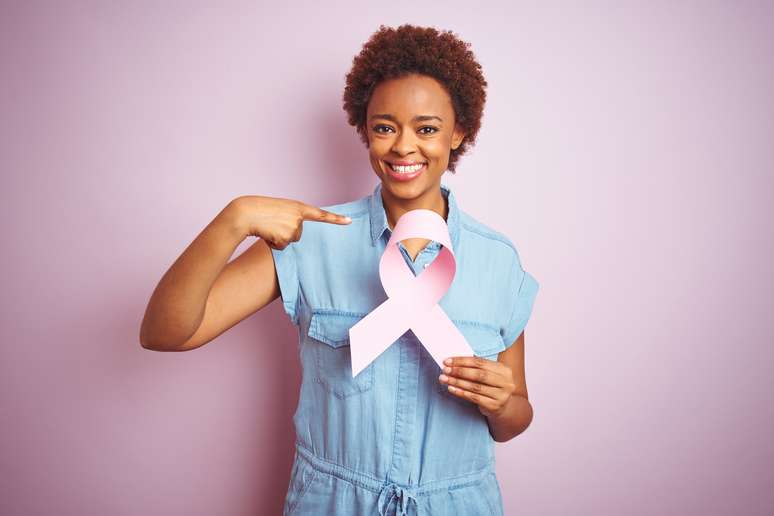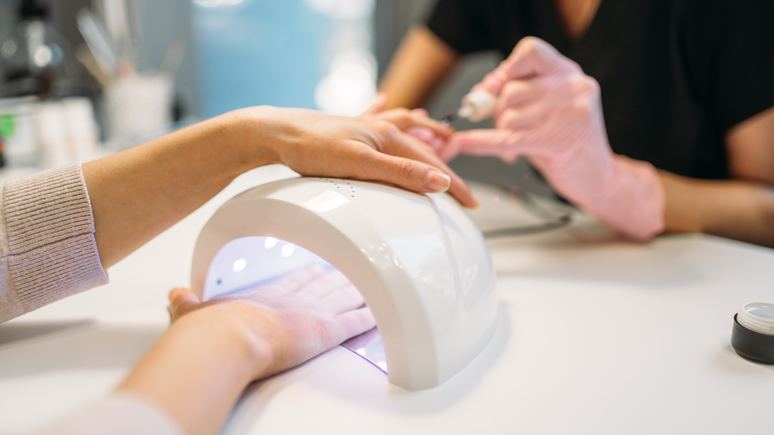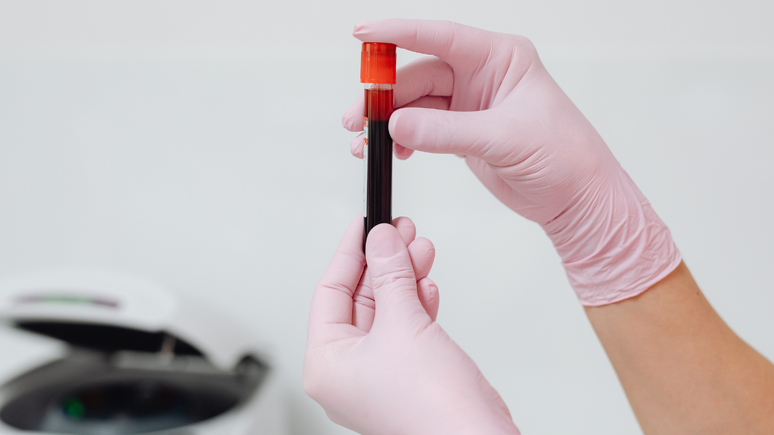Can some deodorants increase the risk of cancer? How about wearing a tight bra?
The “Pink October” movement began in the early 1990s with the goal of sharing information and promoting breast cancer awareness and prevention. According to the National Cancer Institute (INCA), the disease is the type of cancer that most affects women in the world.
See below some myths and truths about the disease:
1. Does breast cancer only appear in those who have a family history of the disease?
MYTH – When a person has a close relative, such as a mother or sister, affected by the disease, he or she should follow the gynecologist closely from an early age. But even those who have no history of breast cancer in their family should be careful. This is the type of cancer that causes the most deaths among women in the country.
2. Does deodorant cause breast cancer?
MYTH – According to some rumors circulating on the internet, the aluminum salts present in some deodorants could cause cancer, but this is not true. There is no scientific proof of this relationship.
3. Can breast cancer be caused by trauma or blows to the breast?
MYTH – No, there is no relationship between the onset of cancer and any type of previous breast injury.
4. Does wearing a tight bra cause cancer?
MYTH – No, there is also no relationship between a tight bra and the risk of disease.
5. Do women in severe pain have a high risk of breast cancer?
MYTH – No. The idea of blaming someone’s emotions or experiences for the onset of breast cancer is also harmful to women.
6. Does self-examination replace mammography?
MYTH – No. Performing a self-examination and paying attention to any breast signs or symptoms is important so that women can identify any changes as early as possible. But this does not replace mammography, recommended from the age of 40 for those who have no cases of the disease in the family and from the age of 25 for women who have close relatives affected by breast cancer.
7. Is breast cancer curable?
REAL – The earlier the diagnosis is made, the better the chances. This is why it is so important to undergo gynecological monitoring and mammography.
8. Does breastfeeding protect women from breast cancer?
REAL – Especially if this happens before the age of 30 and if for a prolonged period. Getting pregnant several times throughout your life is also a protective factor, since both during pregnancy and breastfeeding women have fewer menstrual cycles and, therefore, are less exposed to periodic hormonal changes.
Source: Terra
Ben Stock is a lifestyle journalist and author at Gossipify. He writes about topics such as health, wellness, travel, food and home decor. He provides practical advice and inspiration to improve well-being, keeps readers up to date with latest lifestyle news and trends, known for his engaging writing style, in-depth analysis and unique perspectives.









